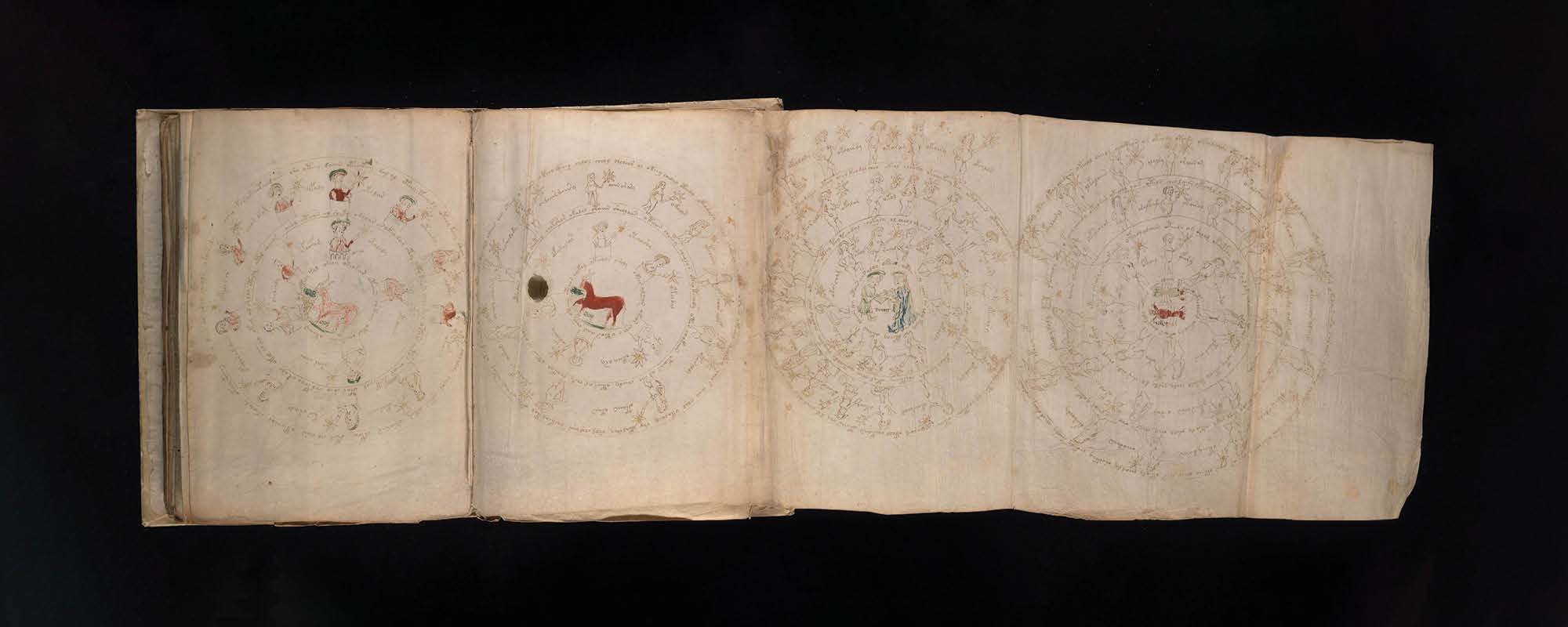The Water Services Corporation (WSC) has recently announced that it will construct a Seawater Reverse Osmosis Plant at Ħondoq ir-Rummien in Gozo. To the casual observer, having a reverse osmosis plant on the island might seem like a necessary and commendable way of ensuring an adequate and independent water supply. However, Gozo has been meeting its water demands efficiently through a groundwater polishing plant since 2005, importing just 20% of its water from the Ċirkewwa reverse osmosis plant, a facility that is not being used to capacity. So a pertinent question arises: why is a reverse osmosis plant being considered?
The only official justification provided for the plant is a necessity to ‘improve water quality’. This seems to be an admission of failure in the management of Gozo’s groundwater, and the Gozo polishing plant’s inability to treat groundwater to the required standard. The reality is that illegal groundwater extraction in Gozo, as in Malta, is believed to be at the same level as WSC’s own extraction, pushing totals well beyond the aquifers’ sustainable limits. This over-extraction is leading to very high chloride levels, forming a detrimental combination with high nitrate levels from over-fertilisation in agriculture. As a result, the existing polishing plant is no longer able to meet EU drinking water standards at cost-effective prices.
Now, rather than dealing with the rampant, unsustainable extraction of groundwater and creating a holistic plan for the management of our aquifers, the country’s water authorities are geared towards slapping a band-aid on the problem. Their solution: ignore the abuse of groundwater and increase desalination capacity. However, desalination is far from the miracle cure. It is important to point out that production of fresh water by reverse osmosis costs six to eight times that of groundwater. We should also severely question the decision to push forward with a desalination project in the absence of a strategic national water plan. In one of the most water-poor countries in the world, a total lack of management and planning is seeing the islands hurtle towards total reliance on fossil fuel-dependent seawater desalination. There is little incentive to collect, safeguard, and make sustainable use of rain and groundwater. The Maldives islands are a bitter lesson we must learn from.
In the Maldives, over-exploitation of the aquifers in the small, water-poor islands led to reliance on desalination and a severe water crisis in December 2014 when a fire broke out in their largest reverse osmosis plant. With no other water supply, bottled water had to be flown in from India. Malta does not want to be in this situation. Water sustainability is an area that needs urgent attention from government bodies. It also needs the support of citizens who will ultimately be the ones to suffer the dire consequences of the current situation. A local water plan and an agricultural plan for Malta and Gozo are both still missing and long overdue.





Comments are closed for this article!